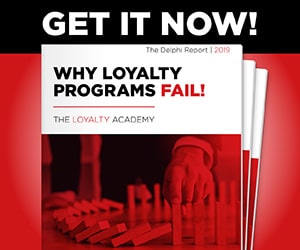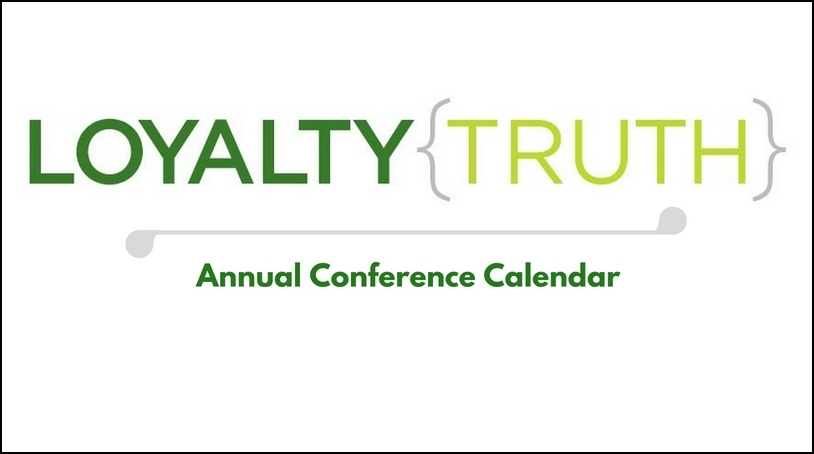In a society where people worship athletes and titans of business, rationalizing their transgressions by their success, it’s  tough to criticize Groupon without looking foolish.
tough to criticize Groupon without looking foolish.
Groupon is just 2 years old, has around 50 Million subscribers, and an estimated market valuation of $15 Billion. Based on those numbers, criticizing Groupon is like saying Ben Roethlisberger “sucks” even after he’s won 2 Super Bowls (maybe a third next Sunday?).
Say what you want about Groupon, but it has gained a huge fan following, is an easy sell to most merchants, and has investors swooning to jump onboard before it’s “too late”. Nonetheless, Groupon is not without shortcomings and has clear room for improvement if it is to create a sustainable business model.
Groupon is powerful in helping local merchants acquire new customers. A Groupon can spike visits for a merchant like nothing else except perhaps leaving the doors unlocked after midnight. But “robbed” is sometimes how the merchant feels after Groupon-fever has run its course. More stories are surfacing from merchants who miscalculated with Groupon, customers who found the experience lacking due to capacity issues, and a class action suit has been filed in California which could “threaten its business model”.
Participating in a Groupon is still the merchant’s choice, and business owners should take time to understand the implications and responsibilities of the deal. Even so, Groupon lacks a feedback loop to help merchants evaluate campaigns, gain insight on margin cannibalization, and determine if Groupon users plan to return in the future while paying regular prices. It’s a long way from lifecycle marketing or a tool to create customer loyalty.
I have witnessed more than one case of a restaurant owner having to take an informal poll across Groupon users to figure some of this out. How many business owners have similar foresight, time, and energy to do the same is unknown, but those that don’t could miss the opportunity to see if Groupon will pay off for them holistically.
The fuel that fires the Groupon engine is merchants. Consumers will always be willing to grab a 50% off deal, but merchants have to be willing to play the game. Groupon needs to be mindful of how they mix national and online merchants into their offering as well as develop tools to help merchants evaluate campaigns if they are to keep the merchant community from becoming weary of the model.
For national and big box retailers who are ostensibly not Groupon partners, there has to be concern that Groupon is training consumers to look for “50% off” before pulling out their wallets. With thinning margins and high fixed costs in brick and mortar retail, fanning the deep discount mentality among consumers can be foreboding.
Groupon has been fantastic as a customer acquisition tool, but needs to evolve to retain merchant interest. Almost every criticism that could be leveled at Groupon is within its reach to resolve. It will be fascinating to observe whether Groupon feels the same way.




